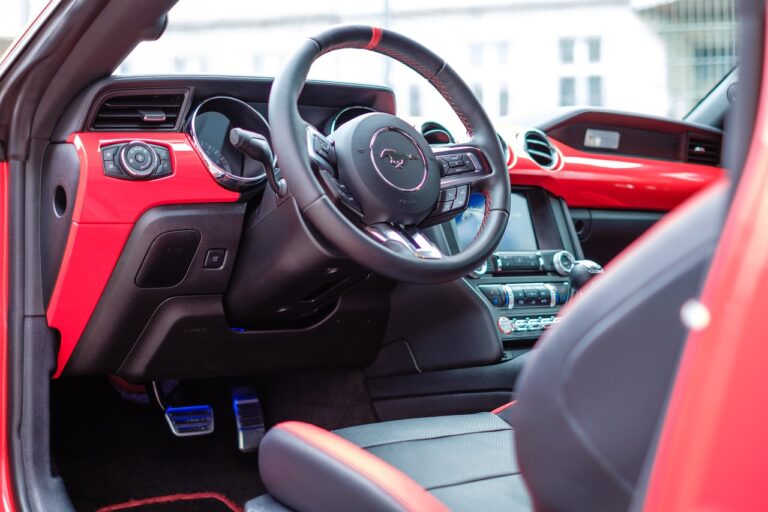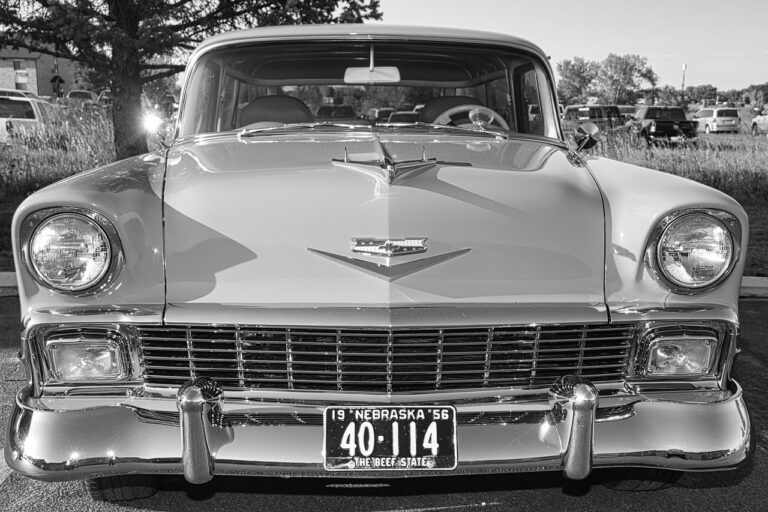Exploring the Psychology of Car Brand Loyalty Among Different Generations
When it comes to understanding the factors that influence car brand loyalty, family background plays a significant role. Research has shown that individuals often develop preferences for specific car brands based on the vehicles their family members have owned or currently own. This familiarity and exposure to a certain brand from a young age tend to create a sense of loyalty and trust towards that particular brand.
Moreover, family traditions and values regarding automotive choices can also shape an individual’s brand loyalty. For example, if a family has always valued safety features in vehicles and has historically purchased cars from a specific brand known for its safety standards, the likelihood of the younger generation continuing this loyalty is high. Family members may also share their positive or negative experiences with certain car brands, which can heavily influence the preferences and brand loyalty of others within the family.
Individuals often develop preferences for specific car brands based on the vehicles their family members have owned or currently own
Familiarity and exposure to a certain brand from a young age create a sense of loyalty and trust towards that particular brand
Family traditions and values regarding automotive choices can shape an individual’s brand loyalty
Positive or negative experiences shared by family members with certain car brands heavily influence preferences and brand loyalty
Understanding the Role of Marketing in Building Brand Loyalty
Marketing plays a crucial role in shaping brand loyalty among consumers. Through targeted advertising campaigns and strategic branding efforts, companies can effectively communicate their brand values and establish a strong emotional connection with their customers. By consistently delivering quality products and engaging with customers through various marketing channels, companies can build trust and loyalty among their target audience.
Furthermore, marketing efforts that focus on creating a positive brand image and highlighting unique selling propositions can differentiate a brand from its competitors. By emphasizing the benefits and values that resonate with consumers, marketing can influence purchasing decisions and cultivate long-term relationships with customers. Ultimately, an effective marketing strategy that prioritizes customer satisfaction and brand engagement is essential in building and sustaining brand loyalty in today’s competitive market landscape.
Psychological Factors Influencing Brand Loyalty Among Millennials
Brand loyalty among millennials is significantly influenced by various psychological factors. One key aspect is the desire for self-expression and personal identity. Millennials often seek brands that align with their values, beliefs, and self-concept, making them more likely to remain loyal to those brands that fit their self-perception.
Moreover, the emotional connection that millennials establish with brands plays a crucial role in building and sustaining brand loyalty. Brands that evoke positive emotions, such as happiness, nostalgia, or excitement, are more likely to resonate with millennials and create a sense of attachment that fosters loyalty over time. This emotional bond can result in repeat purchases and advocacy for the brand among their social circles.
How does family background influence car brand loyalty among millennials?
Family background can influence car brand loyalty among millennials through exposure to certain brands and values from a young age, as well as family members influencing purchasing decisions.
What role does marketing play in building brand loyalty among millennials?
Marketing plays a crucial role in building brand loyalty among millennials by creating brand awareness, fostering emotional connections, and providing value propositions that resonate with their values and preferences.
What are some psychological factors that influence brand loyalty among millennials?
Some psychological factors that influence brand loyalty among millennials include perceived brand quality, brand trust, brand image, emotional attachment to the brand, and social influence from peers and influencers.







